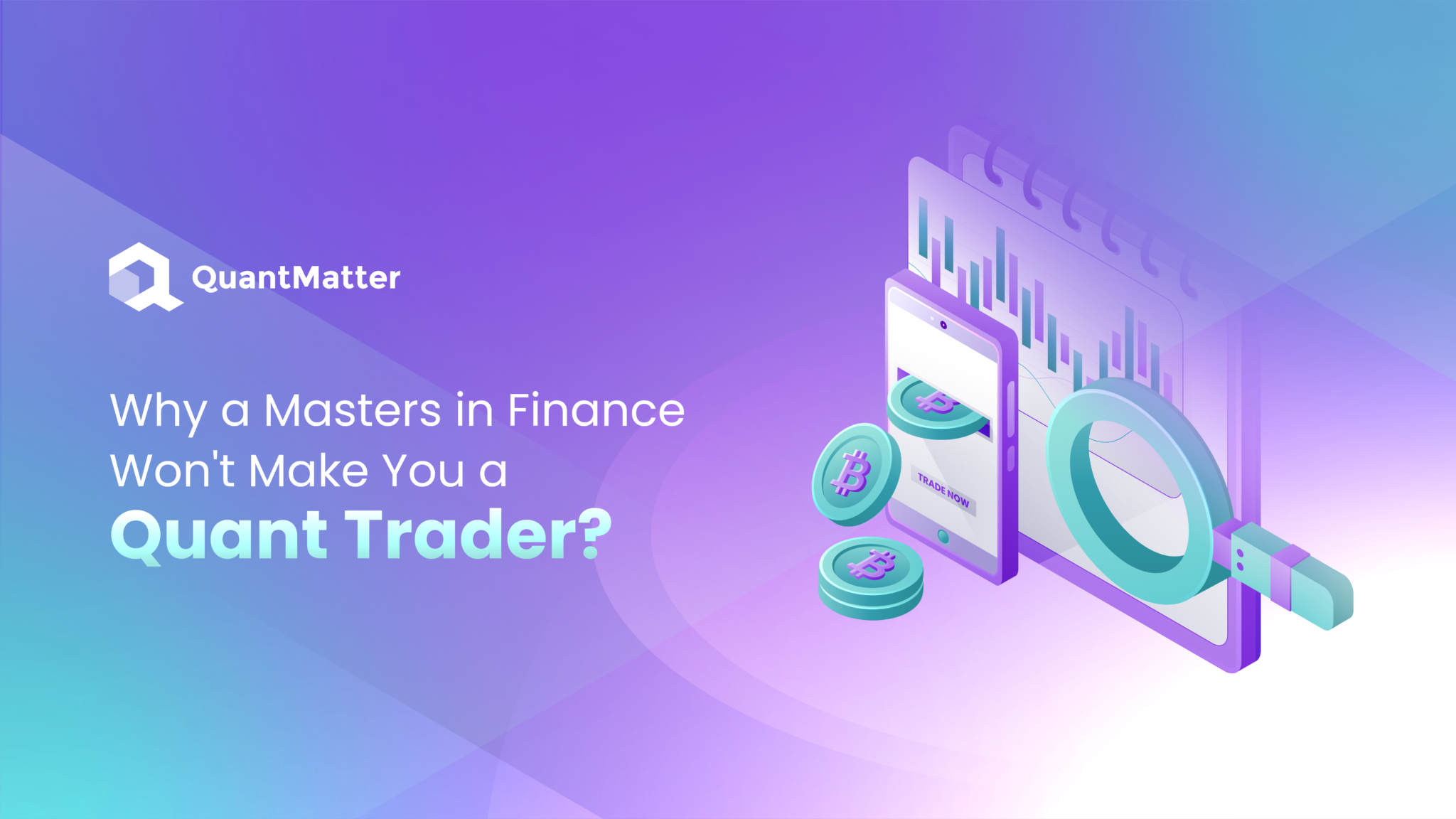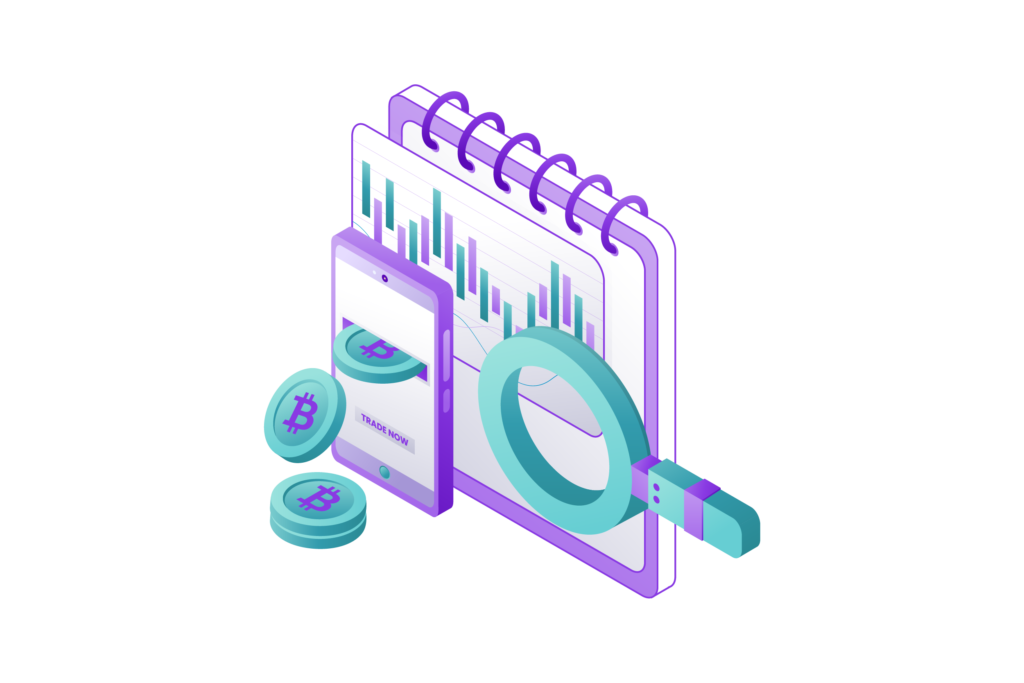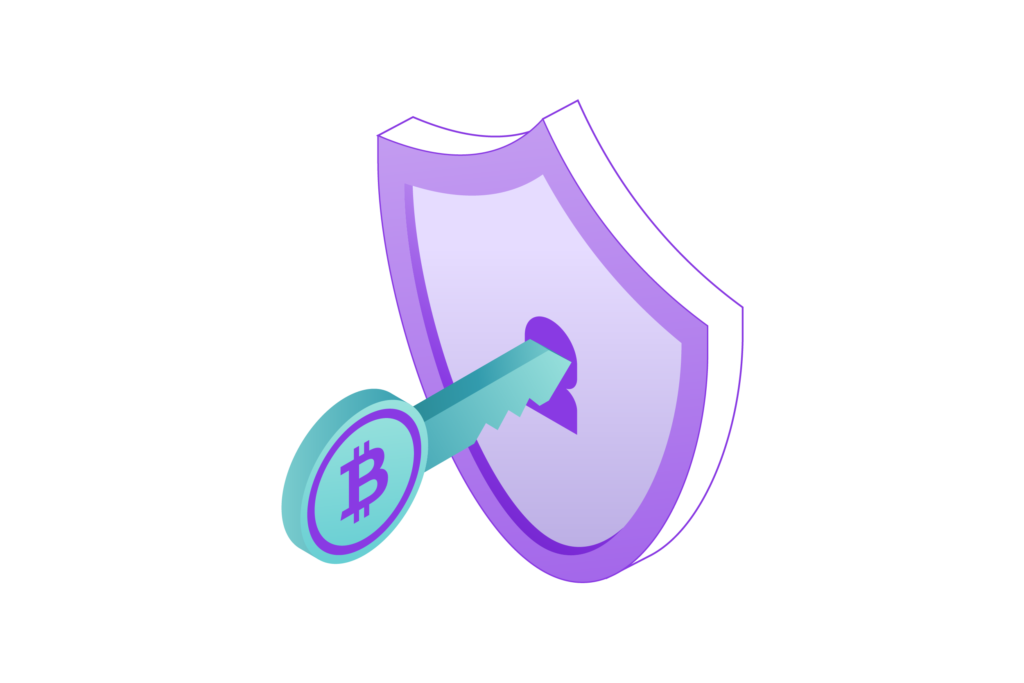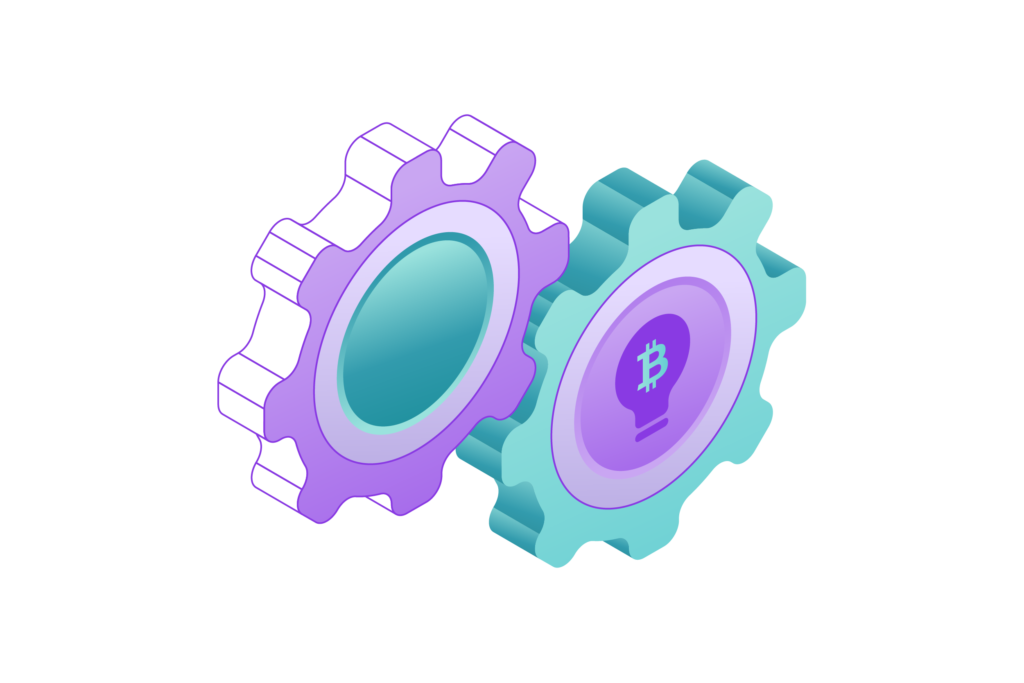
Many people assume that earning a Masters in Finance is a surefire way to break into quantitative trading. After all, finance programs teach advanced topics like portfolio management, risk analysis, and financial modeling. However, the reality is that these programs often lack the technical depth required to succeed as a quant trader.
Quantitative trading is a highly specialized field that requires a unique blend of skills. Success depends on proficiency in mathematics, programming, and data analysis, in addition to a solid understanding of financial markets. Unfortunately, most Masters in Finance programs don’t focus enough on these critical areas.
This gap in education leaves many aspiring traders unprepared for the demands of the job. Let’s explore why a Masters in Finance alone won’t make you a quant trader and what you really need to excel in this competitive field.
The Role of a Quant Trader

Quantitative traders, or quants, are professionals who develop and implement trading strategies based on mathematical and statistical models. Unlike traditional traders who rely on instinct or market sentiment, quants use data-driven methods to predict price movements and optimize trades.
Key responsibilities of a quant trader include:
- Developing algorithms to identify profitable opportunities.
- Backtesting trading strategies using historical data.
- Analyzing market trends using statistical tools.
- Collaborating with teams to improve trading systems.
To perform these tasks effectively, quants need expertise in mathematics, computer programming, and data analysis. They also require strong problem-solving skills to adapt their strategies to ever-changing market conditions.
Also Read: How Market Making Algorithms Works? The Future Of Crypto
What Does a Master’s in Finance Teach You?

Pursuing a Master’s in Finance can open doors to the complex and exciting world of finance. It’s a well-rounded program that equips students with essential knowledge to thrive in the industry. Here’s what you typically dive into during the course:
- Corporate Finance: Understanding how companies manage money, from raising funds to making investment decisions.
- Financial Modeling: Learning to create detailed spreadsheets that predict a company’s financial performance.
- Risk Management: Identifying and mitigating financial risks to keep businesses stable.
- Investment Analysis: Evaluating stocks, bonds, and other assets to make smart investment choices.
- Derivatives and Portfolio Management: Mastering advanced financial instruments and managing diverse portfolios.
These programs are fantastic for anyone looking to enter fields like investment banking, corporate finance, or asset management. However, they might not fully prepare you for the technical side of some cutting-edge roles, like quantitative trading.
The Missing Puzzle Pieces
While a Master’s in Finance covers crucial topics, it sometimes falls short in areas that are becoming increasingly important in modern finance. Here’s what you might find missing:
- Programming Skills: Sure, you might learn a bit of coding, but it’s usually not enough for building complex trading algorithms.
- Advanced Mathematics: The math covered is helpful but doesn’t match the depth you’d find in computer science or pure math programs.
- Hands-On Algorithm Development: Practical experience in testing and optimizing trading algorithms is often limited.
Why Does This Matter?
In fields like quantitative trading, you need powerful technical tools to compete. Without strong programming knowledge or deep mathematical expertise, you might feel like you’re missing out on the cutting-edge stuff.
But don’t worry—this isn’t a dead end. Many finance grads bridge the gap by learning programming languages like Python or diving deeper into machine learning and data science. So, think of a Master’s in Finance as a strong foundation, but one that you can build upon for even greater success!
Why Programming is the Secret Sauce in Quant Trading

Programming isn’t just a nice-to-have skill in quantitative trading—it’s the driving force. It powers every model, trade execution, and data insight. But here’s the kicker: many finance graduates barely scratch the coding surface during their studies. This knowledge gap can leave you unprepared for the high-octane demands of the quant world.
If you’re serious about stepping into this field, let’s break down the programming skills you’ll need, why they matter, and how to start leveling up today. Here are the Must-Have Programming Skills for Quants:
Python: Your All-in-One Tool for Data Analysis
- Master libraries like Pandas, NumPy, and Scikit-learn to crunch numbers and build predictive models.
- Use Matplotlib and Seaborn to create clear, insightful visualizations for your strategies.
R: The Specialist for Statistical Modeling
- Perfect for handling advanced statistical tasks and data visualizations.
- Think of it as your go-to for in-depth exploratory data analysis.
C++ or Java: The Engines of Speed
- Want to work in high-frequency trading? These languages are your best friends for their unparalleled speed and efficiency.
- Build systems that can process and react to market data in milliseconds.
SQL: The Key to Unlocking Big Data
- Learn how to query and manage massive datasets.
- Bonus: pair SQL with Python for seamless data manipulation workflows.
Actionable Tips to Boost Your Programming Skills
Start Small, Think Big
- Begin with Python—it’s beginner-friendly and incredibly versatile. Build simple models to understand the basics.
- As you grow, add C++ or R to your toolkit for specialized tasks.
Take on Real-World Projects
- Analyze historical stock data to build a basic trading strategy.
- Use Python to create a program that tracks market trends or simulates trades.
Leverage Online Resources
- Coursera and edX offer quant-specific programming courses.
- Explore GitHub repositories for open-source trading algorithms to learn how the pros code.
Practice SQL Daily
- Use sample databases like Chinook to practice querying and handling large datasets.
- Combine SQL queries with Python scripts to streamline your workflow.
Join Quant Communities
- Participate in forums like QuantNet or Stack Overflow to exchange knowledge and solve problems.
- Collaborate with others on coding challenges to sharpen your skills.
Why Programming Really Matters
Without solid programming skills, your quant dreams will stay just that—dreams. The heart of quant trading lies in complex algorithms that analyze data, predict trends, and execute trades faster than any human could. Learning to code is what transforms those ideas into reality.
Ready to Level Up?
Take it one step at a time:
- Dedicate an hour daily to coding practice.
- Work on projects that excite you and mimic real-world trading challenges.
- Celebrate small wins—your first working trading bot, your first SQL query, or even mastering a Python library.
By committing to these steps, you’ll not only build technical skills but also set yourself apart in a field where innovation and speed rule.
Advanced Mathematics: A Missing Piece in Finance Degrees
Let’s face it—finance degrees are impressive, but they often fall short when it comes to equipping students for the highly mathematical world of quantitative trading. While these programs dip a toe into math, they rarely dive deep enough to prepare aspiring quants for the reality of the job.
Take linear algebra, for instance. Sure, it’s mentioned, but did you know it’s the backbone of portfolio optimization and risk modeling? It’s the math behind balancing risk and return—a crucial part of modern investing.
Or consider calculus, the unsung hero of financial modeling. In quantitative trading, calculus isn’t just a class you barely survived in college—it’s the language of the markets. From modeling continuous price movements to understanding volatility, it’s everywhere.
And then there’s probability and statistics—arguably the bread and butter of quant trading. These fields form the foundation for backtesting trading strategies and predicting future market trends. Without them, you’re basically flying blind.
The Gaps No One Talks About
Here’s where it gets interesting. Most Master’s in Finance programs stop short of covering stochastic calculus or numerical methods—tools that are essential for pricing complex derivatives and building advanced trading algorithms. These aren’t just niche skills; they’re deal-breakers for anyone wanting to succeed as a quant.
The irony? Many of the people who excel in this space aren’t finance majors at all. Instead, they come from fields like physics or applied mathematics, where solving differential equations and modeling randomness is second nature. Finance students, meanwhile, often lack the mathematical depth to compete at this level.
A Fresh Perspective for Aspiring Quants
If you’re serious about breaking into quantitative trading, it’s time to rethink the traditional finance degree. Start by supplementing your education with courses in advanced math topics like:
- Stochastic Processes (for modeling randomness in financial markets)
- Optimization Techniques (for improving trading strategies)
- Numerical Analysis (for solving equations that don’t have a neat, closed-form solution)
In the world of quantitative trading, math isn’t just helpful—it’s essential. And the more you master it, the closer you’ll get to creating trading models that leave the competition in the dust.
So, if your finance program feels a bit too “business casual” for the world of quants, don’t worry. You’ve got options, and with the right focus, you can level up faster than you think.
Also Read: The Advantages of Integrating Cryptocurrency into Your Treasury Management
Bridging the Gap: What Aspiring Quants Really Need to Succeed
So, you’ve got a Master’s in Finance, but the dream of becoming a quant trader still feels out of reach. Don’t sweat it. The truth is, being a successful quant isn’t just about degrees—it’s about skills, experience, and the hustle to stand out. Here’s how to bridge that gap and get one step closer to your quant trading goals.
1. Get Comfortable with Code
Quant traders don’t just crunch numbers—they speak the language of computers.
- Start with Python (your bread and butter), then branch into R and C++ for deeper system-level programming.
- Use platforms like Codecademy, Udemy, or Coursera for beginner-to-advanced lessons.
- Build mini-projects: Analyze historical stock data, backtest strategies, or create small trading bots to practice.
Actionable Tip: Create a GitHub portfolio showcasing your code. Employers love to see what you’ve built!
2. Master the Math That Matters
Finance is grounded in numbers, but quant trading takes it up a notch.
- Brush up on linear algebra, calculus, and probability theory. These are the foundations of algorithms and pricing models.
- Use resources like Khan Academy for quick refreshers or dive deeper with MIT OpenCourseWare.
Actionable Tip: Solve real-world problems with your math skills, like calculating volatility or modeling risk.
3. Explore Financial Engineering
A Masters in Financial Engineering (MFE) or similar certifications can provide a solid edge.
- Look for programs with a strong focus on quantitative methods, algorithmic trading, and financial modeling.
- If a full program isn’t in the cards, certifications like CQF (Certificate in Quantitative Finance) can be a great alternative.
Actionable Tip: Join online communities or forums (like QuantNet) to network and learn from others in the field.
4. Get Your Hands Dirty
Theory is great, but experience is king.
- Intern at a quantitative trading firm to learn the ropes.
- Join trading competitions like those hosted on Quantopian or Kaggle to apply your skills in real-time.
Actionable Tip: Keep track of your wins and lessons learned from these experiences—use them to refine your approach.
5. Build a Killer Portfolio
Your portfolio isn’t just a collection of projects—it’s your ticket to impressing recruiters.
- Develop, backtest, and refine trading strategies. Show that you can think creatively and execute effectively.
- Highlight your work on a personal website or LinkedIn profile.
Actionable Tip: Create a video walkthrough of your favorite project. Visuals help you stand out in a sea of resumes.
Pro Tip: Keep the Momentum
Becoming a quant trader is a marathon, not a sprint. Keep learning, stay curious, and embrace the grind. By focusing on these key areas, you’ll build the skills and confidence to thrive in the high-stakes world of quantitative trading.
Ready to take the first step? Pick one area above and dive in today!
Conclusion
A Masters in Finance is undoubtedly valuable for many careers in finance, but it’s not a direct path to becoming a quant trader. Quantitative trading demands a unique combination of programming, mathematics, and market knowledge—skills that are often underemphasized in finance programs.
To thrive in this field, aspiring quants need to take additional steps to build their technical skills. Whether it’s learning to code, studying advanced mathematics, or gaining practical experience, the path to becoming a quant requires dedication and self-directed learning.
By understanding the limitations of a traditional finance education and focusing on the skills that truly matter, you can set yourself apart in the competitive world of quantitative trading. Remember, becoming a quant trader isn’t about having the right degree—it’s about having the right tools and mindset.
Disclaimer: The information provided by Quant Matter in this article is intended for general informational purposes and does not reflect the company’s opinion. It is not intended as investment advice or a recommendation. Readers are strongly advised to conduct their own thorough research and consult with a qualified financial advisor before making any financial decisions.

Joshua Soriano
As an author, I bring clarity to the complex intersections of technology and finance. My focus is on unraveling the complexities of using data science and machine learning in the cryptocurrency market, aiming to make the principles of quantitative trading understandable for everyone. Through my writing, I invite readers to explore how cutting-edge technology can be applied to make informed decisions in the fast-paced world of crypto trading, simplifying advanced concepts into engaging and accessible narratives.
- Joshua Soriano#molongui-disabled-link
- Joshua Soriano#molongui-disabled-link
- Joshua Soriano#molongui-disabled-link
- Joshua Soriano#molongui-disabled-link
